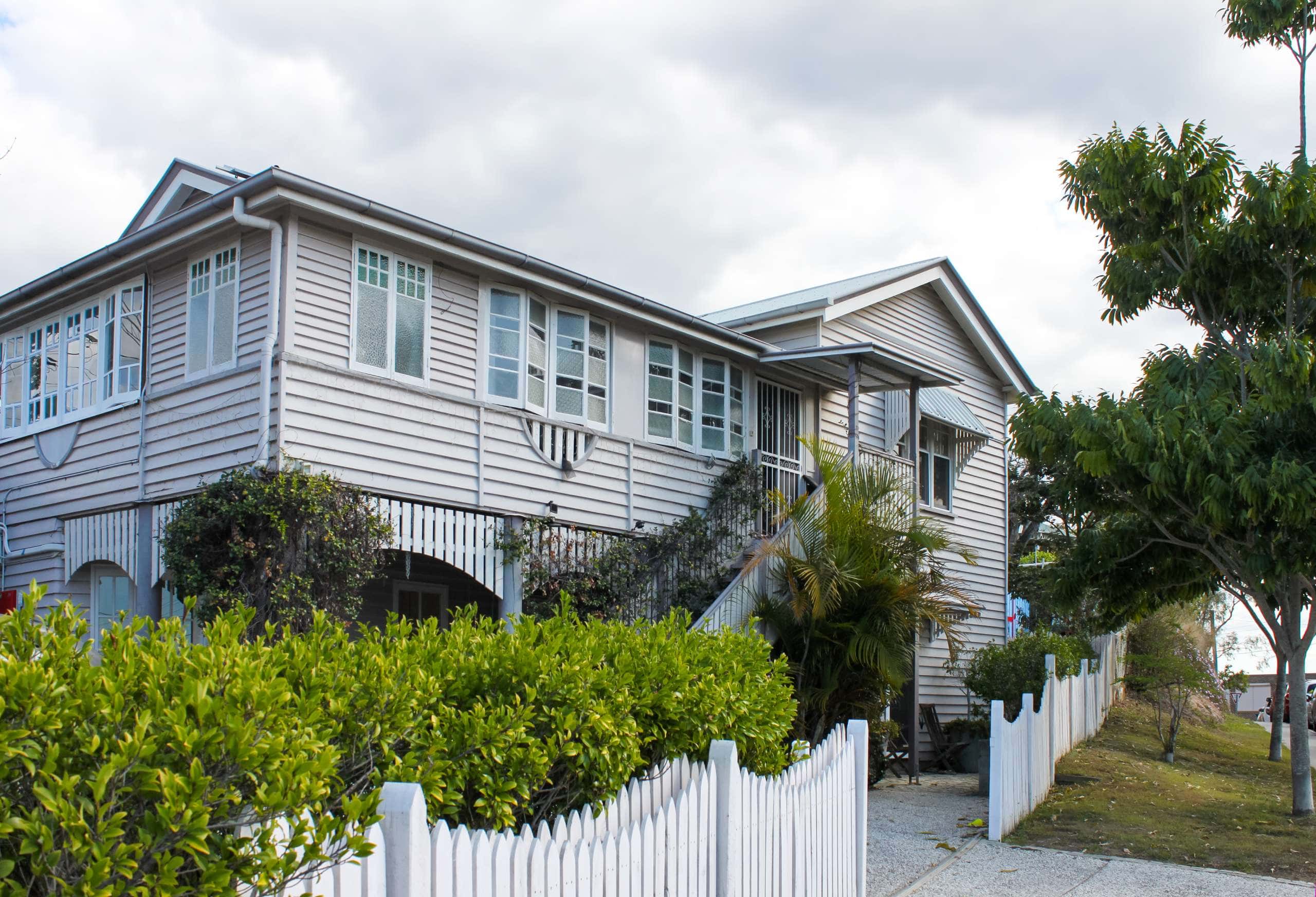The ‘how-to’ of De Facto property settlements
How will our Property be Divided?
The Family Law Act sets out how property is divided, for married couples and for de facto relationships (who separated after 1 March 2009).
What is a De Facto Relationship
A de facto relationship is defined in the Act as “the relationship of a couple living together on a genuine domestic basis”. Whether a de facto relationship existed requires careful consideration in each case. A de facto partner is able to pursue a legally binding financial agreement / de facto property settlement if it is just and equitable to do so and provided one of the following conditions exists:
- The parties have lived in a de facto relationship for at least 2 years; or
- There is a child such a relationship; or
- It would be unjust not to recognise a de facto spouse’s substantial contributions, either financially or non-financially
The federal circuit and family court also take into consideration whether there was a sexual relationship, and whether the de facto relationship was ever registered with the government.
De facto couples who separated before 1 March 2009 could seek a property settlement under Queensland Law, but were unable to pursue Spouse Maintenance or seek a split of superannuation from their de facto spouse.
Separating Property After a De Facto Relationship Breaks Down
Following a de facto relationship breakdown, both parties should seek independent legal advice from a property settlement or family lawyer to negotiate the terms of the agreement with their former partner, this will help if any property disputes may arise.
If the separated de facto couple has decided not to reach property settlement by the laws, they have the option of reaching their own agreement on financial and property issues. In such financial agreements, known as a binding financial agreement, couples will agree on the distribution of property along with other assets. It is worth noting that this can only be done after each party has independently received legal advice, in order to avoid serious injustice to either one party.
How the Court Determines a De Facto Relationship Property Settlement
The family court takes the following steps to work out how property will be divided at the end of a de facto relationship or marriage:
- The family court takes an inventory of all assets and liabilities of the parties, whether in joint names or a party’s sole name
- A current value is put on all items in the pool
- The court must also work out the direct financial contributions, indirect financial contributions and non-financial contributions both parties made during the relationship and each party’s future needs, including, amongst other things, their
- future obligations;
- financial situation; and
- costs of caring for any children from the relationship.
Time Limits
Parties can make a property settlement at any time after separation but for legally married couples, an application for property settlement and/or spouse maintenance (financial support) must be filed in the court within 12 months of the making of a Final Divorce Order.
An application to the court for property settlement and/or spouse maintenance in a de facto relationship must be filed in court within 2 years of the date that the relationship between such de facto partners ended.
Can a De Facto Partner Claim Superannuation Division?
Under the Family Law Act, superannuation can be divided between the parties as a part of their property settlement.
The law regarding superannuation was changed in 2002.
Superannuation funds can be split between spouses and rolled over as part of a property settlement. It is not compulsory to split superannuation.
Specialist advice may be required in relation to specific superannuation funds and the calculation of the value of superannuation for family law purposes. Seek legal advice from your solicitor for help if you would like to consider accepting, or proposing, a super split.
For a fixed cost no obligation initial appointment to discuss your specific situation with a professional family lawyer, call us on (07) 3221 4300.







